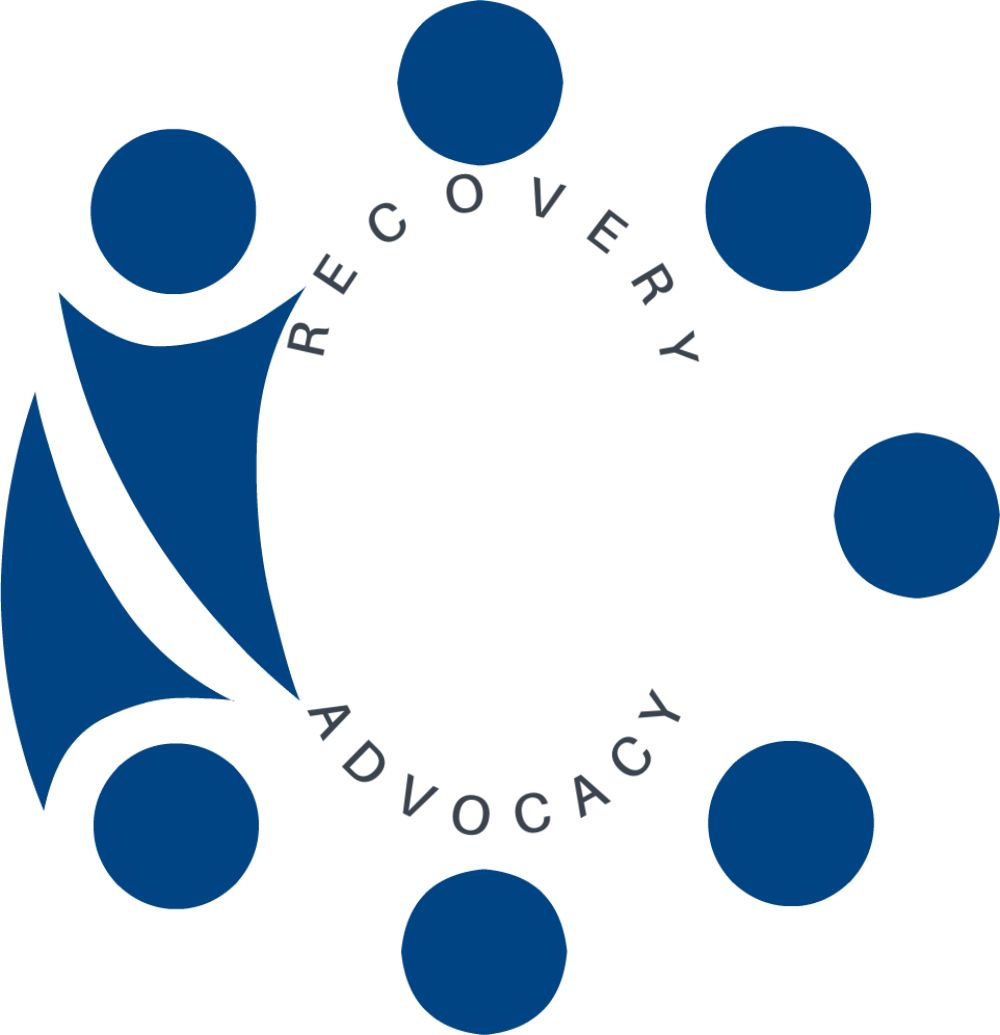Women's Group and Gender Specific Needs in Treatment
A considerable amount of research over the past two decades has assessed the treatment needs of substance-abusing women as compared to their male counterparts. Consistent findings from this body of literature show that, compared with men, women have elevated histories of childhood trauma and abuse, interpersonal violence in adolescent and adult relationships, addiction, criminal activity, involvement with child protective services, homelessness, and dependency on others for financial support.
It has long been established that duration of treatment is associated with successful post-treatment outcomes and women are less likely to drop out of treatment when their gender specific needs are met.



Core principles of gender-responsive treatment for substance abuse include:
- Recognizing the role and significance of personal relationships in women’s lives.
- Addressing the unique health concerns of women.
- Acknowledging the importance and role of socioeconomic issues and differences among women.
- Promoting cultural competency that is specific to women.
- Endorsing a developmental perspective.
- Attending to the relevance and presence of various caregiver roles that women assume throughout their lives.
- Recognizing that culturally ascribed roles and gender expectations affect society’s attitudes toward women with substance abuse.
- Adopting a trauma-informed perspective.
- Using a strengths-based treatment model for women.
- Incorporating an integrated and multidisciplinary treatment approach for women.
- Maintaining a gender-responsive treatment environment across all settings.
- Supporting development of gender competency specific to the issues of women.
Areas addressed in treatment:
- Initiation of use;
- Women’s patterns of use;
- Physiological effects;
- Special needs for screening and assessment;
- Women’s treatment challenges;
- Women and Continuing Care;
- Study shows gender differences in painkiller abuse.


